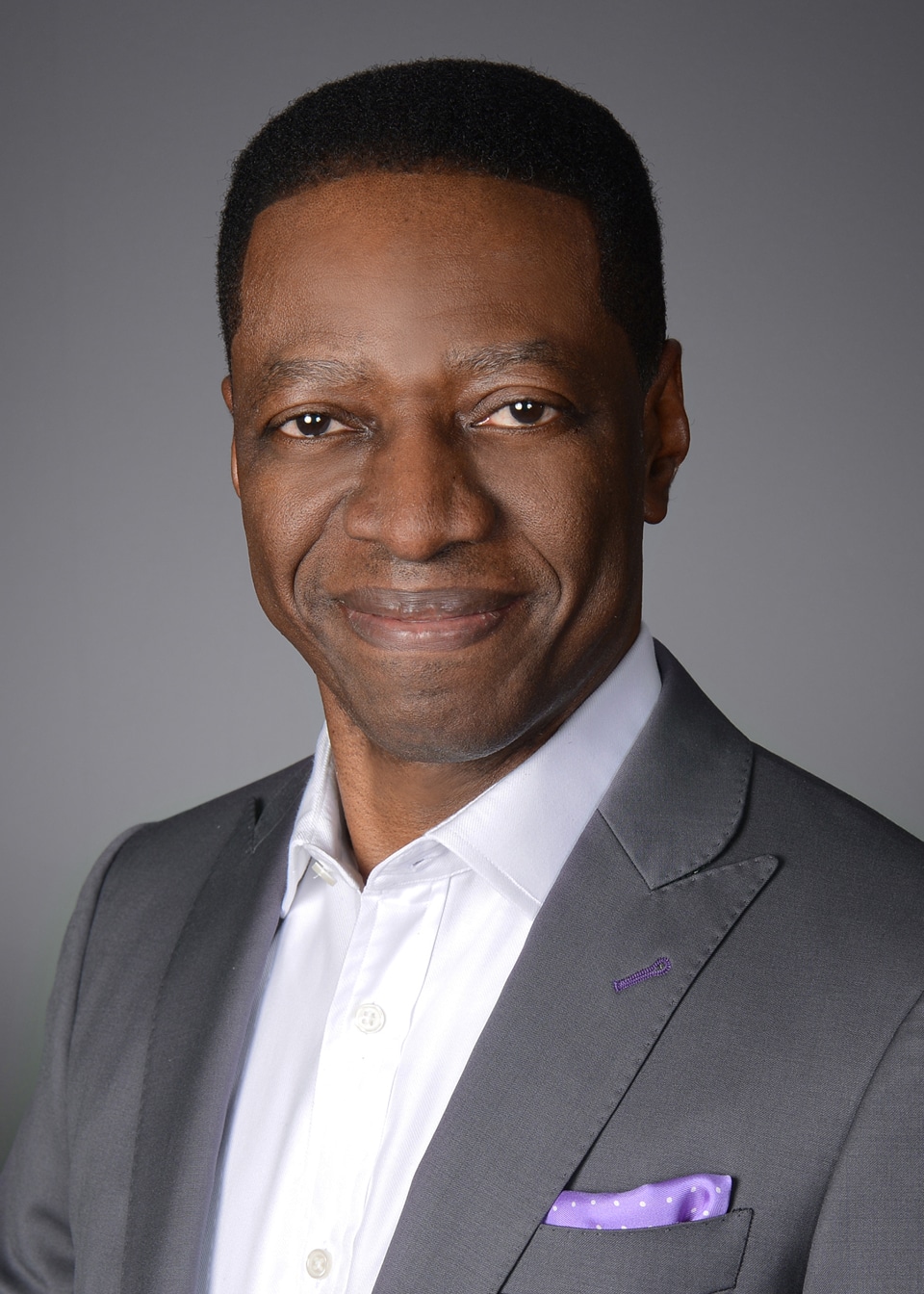Your Pizza Perspective: 6 Things African and Western Leaders Can Learn From Each Other

Let’s pretend your perspective is a cheese pizza. Now, let’s imagine each new topping is a fresh perspective you’ve placed on top, making it a part of the whole.
The best executives are bold maximalists when it comes to dressing their pie. They want a dynamic dish with multi-layered flavors baked to perfection over time. But preparing such a dish demands an open mind, which is why many business leaders endlessly serve the same cheese pizza no matter the outcome. Does your pizza need more toppings — or more time in the oven?
I’ve worked as a strategic leadership coach in both Africa and the United States for decades. These are the most critical examples I think African and Western leaders set for each other — each an ideal opportunity for turning your pizza perspective into something worth ordering off the menu.
African leaders are more relatable.
In 1980, a tight-knit U.S. Olympic hockey team made up of untested college players defeated the dynastic Soviet Union in what is considered one of the greatest upsets in the history of professional sports. The U.S. Men’s hockey team has never replicated this success, even though the International Olympic Committee and the National Hockey League started allowing professional players to join the team just a decade later. Why? Because when you’re working with a team, you can never underestimate the power of close relationships.
African leaders choose to be more relatable. On average, African leaders are more accessible to their employees, and they tend to easily navigate the various levels of their organization. This is because African social groups and family structures are incredibly close-knit, which breeds a softened hierarchical structure and a lot more loyalty to those in charge. After all, relatable leaders are easier to understand, quicker to empathize, and much more likely to maintain active communication.
Western leaders are more accountable.
Despite this close-knit structure, and sometimes because of it, African leaders often suffer from a lack of accountability. Democracy is pervasive in Africa’s political systems, but the spirit of the monarch is alive and well in the reverence that many Africans give to their business leaders by default. Even if an executive is trustworthy and value-oriented, such a complete lack of accountability inevitably creates inefficiencies and corruption.
On the contrary, mandatory transparency is a hot button issue for most all Western organizations. Pay transparency has more than doubled since 2020, and over 75% of employees say they want more transparency from their employers. Even the famously skyrocketing CEO salaries of the Western world finally started to take a dip in 2022, most likely due to increasingly intense backlash from the public in the last decade. This isn’t to say that Western leaders don’t manage to avoid responsibility, but rather that the Western system itself is at least designed with accountability in mind.
African leaders value humility.
African employees might view their leaders with reverence, but one check against this absolute authority is an African leader’s natural humility. For the most part, African leaders have experienced a great deal of deprivation, either from an impoverished upbringing or the many socio-political struggles that have criss-crossed the continent’s landscape for centuries. I myself grew up in a town in Nigeria without a single TV set at the same time most Americans were watching Happy Days, playing Pong, or listening to their Walkman. You can’t deny the impact such things have on one’s personal perspective.
Conversely, it is much less likely that a Western executive has lacked access to basic necessities or confronted the deprivation of a war-torn economy. The result is a mindset that is often less humble and empathetic when it comes to dealing with the “lowest” levels of their organization. This is critical because, as Confucius once wrote, “Humility is the foundation of all virtues.”
Western leaders value service.
That said, Western organizations do an amazing job of demanding a record of service from their leadership. Beginning with their applications to college, Western professionals are always expected to exhibit some record of volunteer work, and those with deeper, more visible track records are often rewarded the most. This sentiment is instilled as early as childhood with recreational “scout” groups and young leadership academies acting as community milestones in most Western countries.
This is almost completely absent in Africa. Youth groups are far less accessible, and a history of service is not a foregone conclusion for a successful leader. Consequently, those leaders are much more likely to use their power to solve their own problems, as opposed to serving the needs of the community.
African leaders prioritize spirituality.
In the Western world, the line between religion and the workplace is becoming more distinct by the day. However, while over 78% of Americans believe religion is losing its influence on daily life, this is simply not the case for most African communities and their businesses. Though modern monotheism has become very prevalent, African spirituality is an accepting and enduring part of culture for everyone, which makes religion a critical part of day-to-day routines.
Generally speaking, Africans don’t separate their religious practices from their function in the public and professional space. Even those leaders who are not overt about their spiritual upbringing understand that their employees will demand they adhere to the values mostly closely linked to their religion. Such spirituality can be a strong check against corruption.
Western leaders prioritize individuality.
Political revolt shaped so much of the modern Western world, with the American Revolution and French Revolution serving as perhaps the greatest examples of such far-reaching influence. When property ownership requirements were finally amended from the laws of each newly democratic country, the political ideology itself started to become more and more a celebration of the individual. Ultimately, intense individualism became a hallmark of most all Western cultures.
As such, quality of life in Western businesses is paramount — sometimes even when it conflicts with profit and success. Whereas a focus on spirituality influences African leaders in which values they exhibit to their employees, the West’s democratic identity means that most all American organizations strive to put the individual first. In doing so, these organizations understand that the most valuable resources they possess are the professionals pushing everything forward.
Written by Dr. Sam Adeyemi.
Have you read?
4 Common Challenges to Having a Grand Vision and Simple Solutions to Success.
Getting To Grips with Change Management in a Fast and Furious Business Climate.
Darren Huston On What Companies Misunderstand About Growth.
Navigating the Fog of Geopolitical Uncertainty: Insights for CEOs and Managers.
Three essential ways to help your team be less fragile.
Add CEOWORLD magazine to your Google News feed.
Follow CEOWORLD magazine headlines on: Google News, LinkedIn, Twitter, and Facebook.
This report/news/ranking/statistics has been prepared only for general guidance on matters of interest and does not constitute professional advice. You should not act upon the information contained in this publication without obtaining specific professional advice. No representation or warranty (express or implied) is given as to the accuracy or completeness of the information contained in this publication, and, to the extent permitted by law, CEOWORLD magazine does not accept or assume any liability, responsibility or duty of care for any consequences of you or anyone else acting, or refraining to act, in reliance on the information contained in this publication or for any decision based on it.
Copyright 2024 The CEOWORLD magazine. All rights reserved. This material (and any extract from it) must not be copied, redistributed or placed on any website, without CEOWORLD magazine' prior written consent. For media queries, please contact: info@ceoworld.biz
SUBSCRIBE NEWSLETTER








